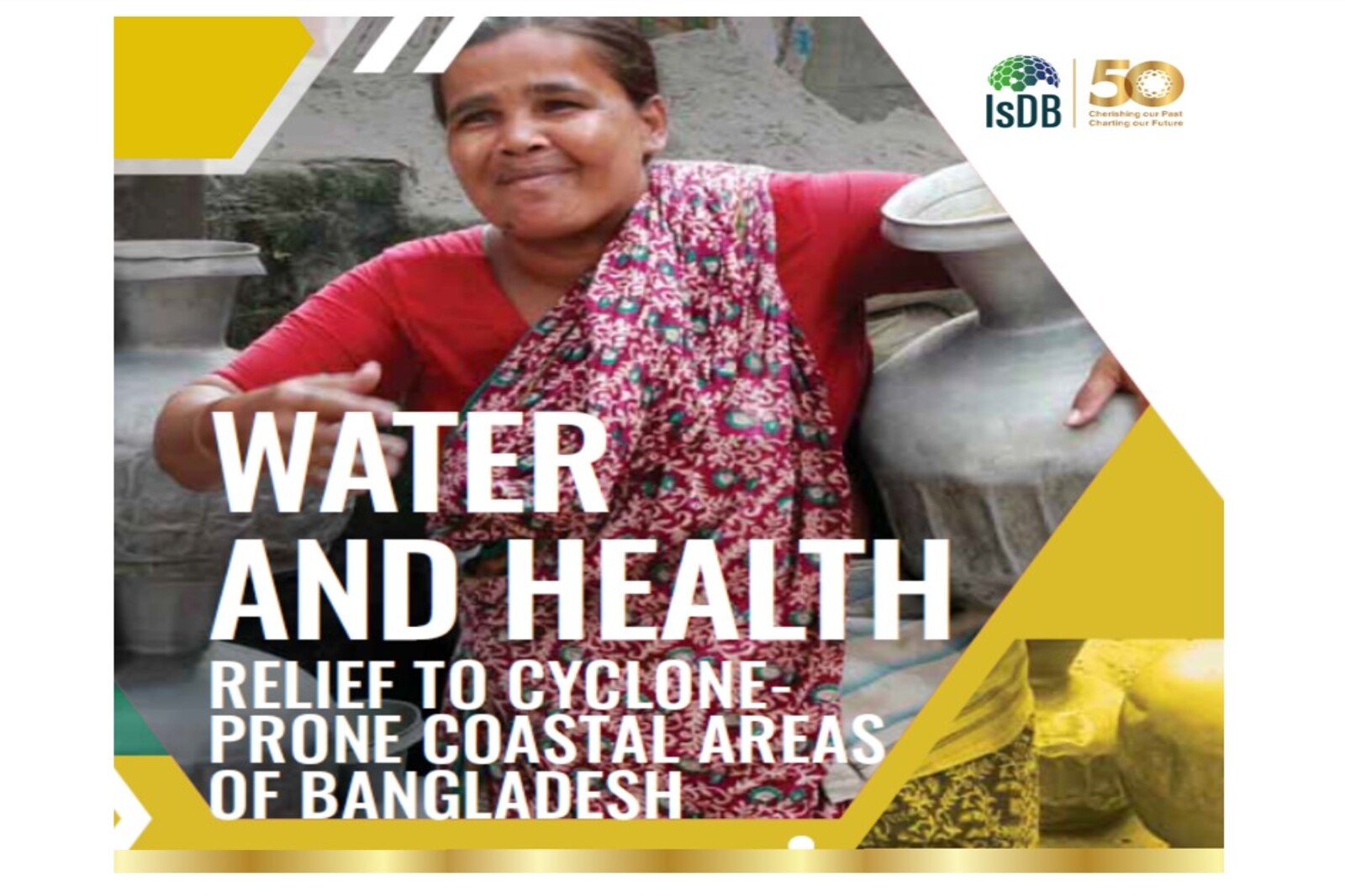
A Lifeline in the Storm: Safeguarding Bangladesh's Coast with Clean Water
The relentless Bay of Bengal crashes against the Bangladeshi coast, a constant threat to the fragile lives it sustains. Here, amidst the lush greenery and shimmering water lies a hidden danger – saltwater intrusion, a sinister force that contaminates the lifeblood of coastal communities: clean drinking water.
"It is very important if you can supply a glass of water," says Md Anwar Eusufin, his voice echoing the gravity of the situation. As a Superintending Engineer for the Department of Public Health Engineering (DPHE), Md Anwar knows firsthand the struggle for safe drinking water during the frequent cyclones that batter these shores.
A Constant Battle Against the Rising Tide
Cyclones are a harsh reality for Bangladesh. In 2007, Cyclone Sidr wreaked havoc, leaving a trail of destruction. Just a year later, Cyclone Bulbul struck again, displacing millions and highlighting a growing vulnerability. While these communities have adapted to life by the ever-changing coast, the increasing frequency and intensity of storms pose a new threat – the salination of freshwater sources.
"People used to rely on ponds for water," explains Md Anwar, referring to a traditional source of low-saline water. However, population growth, development, and the rising fury of cyclones have taken their toll. These ponds have become increasingly polluted, and the existing infrastructure simply couldn't withstand the onslaught of saltwater.
A Collaborative Effort for a Sustainable Solution
This is where a beacon of hope emerged. The IsDB-supported project, a testament to international collaboration, rose to the challenge. Its mission: to provide safe drinking water and protect coastal communities from the devastating health consequences of contaminated water.
Building a Shield Against Disaster
The project's heart lay in infrastructure development. Over 8,500 water points were meticulously installed, each a symbol of resilience. These weren't ordinary water points; they were meticulously designed with raised platforms to keep them safe from surging seawater during cyclones.
But the project went beyond mere infrastructure. It recognized the importance of empowering the community. Over 81,500 caretakers were trained in operating and maintaining these lifelines. Additionally, mobile water treatment units, desalination plants, and water testing kits became crucial tools in the fight for clean water.
Empowering Communities for Lasting Change
The project understood that lasting change requires education. Nearly a million community members received training on proper hygiene practices and sanitation techniques. This social mobilization aimed to break the cycle of waterborne diseases that often plague such regions.
A Ripple Effect of Success
The results speak for themselves. The average number of people sharing a water point dropped significantly, from 98 to 82, a testament to increased access. Water quality soared, with an 80% rise in arsenic-free samples. Sanitation coverage surged from 60% to 75%.
But the most compelling impact lies in the lives saved. "There were no cases of diarrhoeal diseases," beams Md Anwar, his voice brimming with pride. Clean water, a seemingly simple solution, became a shield against preventable illnesses.
The project's success extends beyond its immediate impact. It serves as a replicable model for other coastal communities facing similar challenges. The lessons learned – community participation, technology selection, and long-term sustainability – offer a roadmap for a future where clean water is not a luxury but a right, even in the face of climate change.
The story of Bangladesh's coastal communities is a testament to human resilience. It's a story of rising above adversity, of turning the tide on a seemingly insurmountable challenge. With each sip of clean water, these communities not only quench their thirst but also drink deeply from the well of hope, a hope for a healthier, more secure future.
